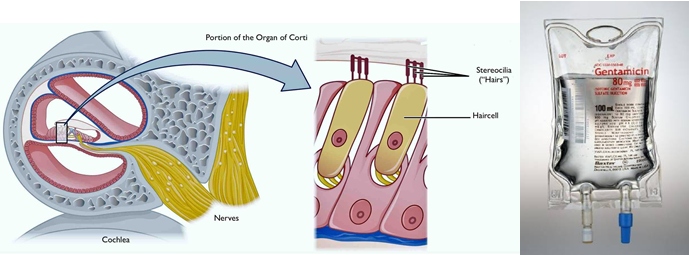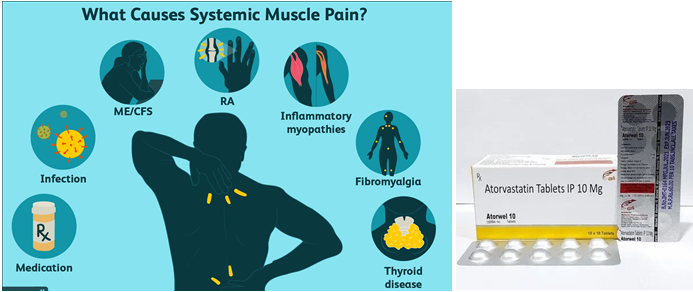A client with benign prostatic receives a new prescription of tamsulosin. Which intervention should the nurse use to monitor an adverse reaction?
Assess urine output.
Perform a bladder scan.
Monitor blood pressure.
Obtain daily weights.
The Correct Answer is C
Tamsulosin is an alpha-1 adrenergic receptor blocker that is commonly used to treat benign prostatic hyperplasia (BPH). One of the potential adverse reactions of tamsulosin is hypotension, which can be manifested as dizziness, lightheadedness, and fainting. Therefore, monitoring blood pressure is a crucial intervention for clients receiving tamsulosin.
Assessing urine output (option a) and performing a bladder scan (option b) may be appropriate interventions for clients with urinary retention or other urinary tract issues, but they are not specific to monitoring adverse reactions to tamsulosin.
Obtaining daily weights (option d) may be useful for monitoring fluid balance in some clients, but it is not directly related to adverse reactions to tamsulosin.

Nursing Test Bank
Naxlex Comprehensive Predictor Exams
Related Questions
Correct Answer is A
Explanation
Gentamicin sulfate is an aminoglycoside antibiotic that can cause ototoxicity, which is damage to the inner ear leading to hearing loss or balance problems. Therefore, a decrease in hearing is an indication that the client may be experiencing an adverse effect of gentamicin.
Option b, decreased blood urea nitrogen, is not an adverse effect of gentamicin, but it may indicate improvement in kidney function, which can be a positive outcome of treatment.
Option c, a white blood cell count of 6,000/mm3 (6x109/L), is within the normal range and is not necessarily an adverse effect of gentamicin.
Option d, photophobia, is not a common adverse effect of gentamicin and may indicate a different condition or medication effect.

Correct Answer is D
Explanation
Atorvastatin is a medication used to lower cholesterol levels in the blood. One of its side effects is muscle damage, which can result in an increase in serum creatine phosphokinase (CK) levels. Creatine phosphokinase is an enzyme found in muscles, and when muscles are damaged, CK is released into the bloodstream. Therefore, an increased serum CK level indicates muscle damage, and the nurse should assess the client for muscle tenderness or weakness, which are symptoms of this side effect. Nausea and vomiting, excessive bruising, and peripheral edema are not typically associated with atorvastatin use.

Whether you are a student looking to ace your exams or a practicing nurse seeking to enhance your expertise , our nursing education contents will empower you with the confidence and competence to make a difference in the lives of patients and become a respected leader in the healthcare field.
Visit Naxlex, invest in your future and unlock endless possibilities with our unparalleled nursing education contents today
Report Wrong Answer on the Current Question
Do you disagree with the answer? If yes, what is your expected answer? Explain.
Kindly be descriptive with the issue you are facing.
